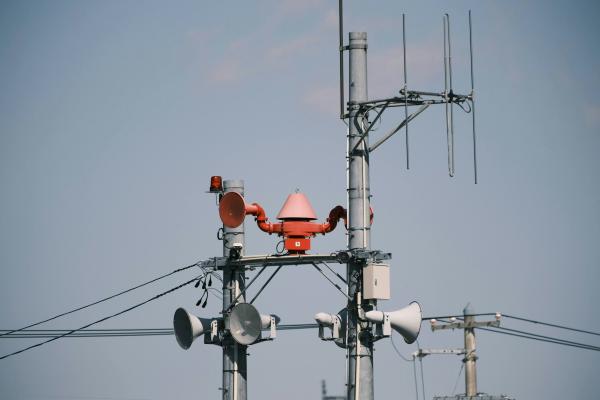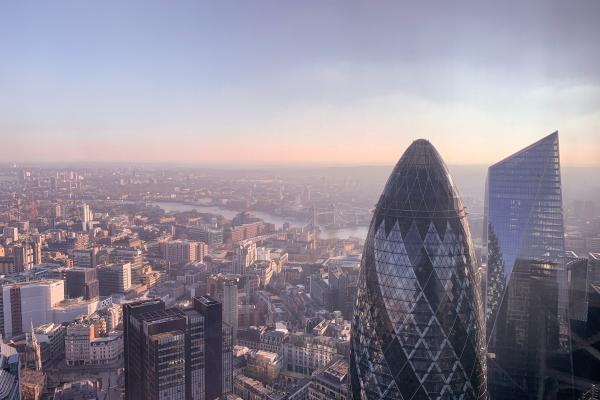Greater Manchester is made up of ten districts which includes two cities, Manchester and Salford. The region has a population of almost 3 million people and represents the biggest economic area in the UK outside of London.
It’s been at the core of resilience thinking for the last 20 years and released its own Resilience Strategy in 2021.
Its population is predicted to grow by 10% over the next 20 years. This will require around 179,000 new homes in the region by 2037. Over and above this increase in demand on energy provisions and the city’s infrastructure, this growth is also expected to create up to 100,000 new jobs by 2037. Greater Manchester’s rise is already being fuelled by the regeneration of areas, such as in the City of Salford, and the push to make the region a place with thriving businesses which are UK and world leading, in sectors including low carbon and digital.
Can it remain resilient in light of such significant growth and what can other cities learn about urban growth from the Greater Manchester story?
Greater Manchester has got a lot going for it. Excellent road, rail, air and water connectivity with the UK’s most successful tram network and an international airport flying to more destinations than any other UK airport. Home to the largest digital and creative cluster outside of London. Globally competitive industry in textiles, chemistry and food and drink manufacturing. Culturally, it has famous football and rugby clubs, Lowry and the Halle Orchestra.
Conversely, the region has a lower life expectancy than the England average. It has rising unemployment among 19–24-year-olds (2020 to 2021) and is the 6th most deprived Local Enterprise Partnership for income deprivation affecting children.
The historical phenomenal growth of the region during industrialisation saw prosperity but also provided severe social problems with poor housing and employment conditions leading to unrest.
In more modern times, it has endured flooding and wildfires. Tragically, Greater Manchester has been subject to two major terrorist atrocities in just over 20 years.
The region, though, has a strong profile in modern resilience. In 2014, the city region joined the United Nations International Strategy for Disaster Reduction (UNISDR). This brought Disaster Risk Reduction (DRR) to Greater Manchester which considers cities more widely as economic areas and explores their assets thereby designing a future that is mindful of citizens and communities.
In 2018, the Greater Manchester city region became a role model in the United Nation’s Making Cities Resilient campaign. The ambition of the campaign is to deliver the international commitment of the United Nation’s Sendai Framework for Disaster Risk Reduction 2015-30.
It was also part of the Rockefeller Foundation’s 100 Resilient Cities Network, and this led to it producing its own Greater Manchester Resilience Strategy for 2020-2030.
The Strategy sets a vision to create one of the most resilient places where everyone can grow up, get on together and age well. It describes five priorities for Greater Manchester. These are:
- Communities – building cohesive, healthy and resilient communities
- Discovery – enhancing resilience understanding
- Leadership – shaping resilience within Greater Manchester
- Place – being ready for future challenges
- Responding – sustaining effective preparedness, response and recovery from emergencies
With the rapid growth in urbanisation, there is a lot that other cities can learn from Greater Manchester. The coming together of cities and business will surely enhance resilience in cities and city regions across the world. If you’d like to understand more about how this is working in Greater Manchester, come along to the Resilience First lunch-time event which is kindly hosted by the Greater Manchester Chamber of Commerce in Manchester on Wednesday 12 October 2022. Paul Dennett, the Deputy Mayor of Greater Manchester and Mayor of Salford will be in conversation with David Wright from National Grid, a Resilience First member.
Full details are available here.



